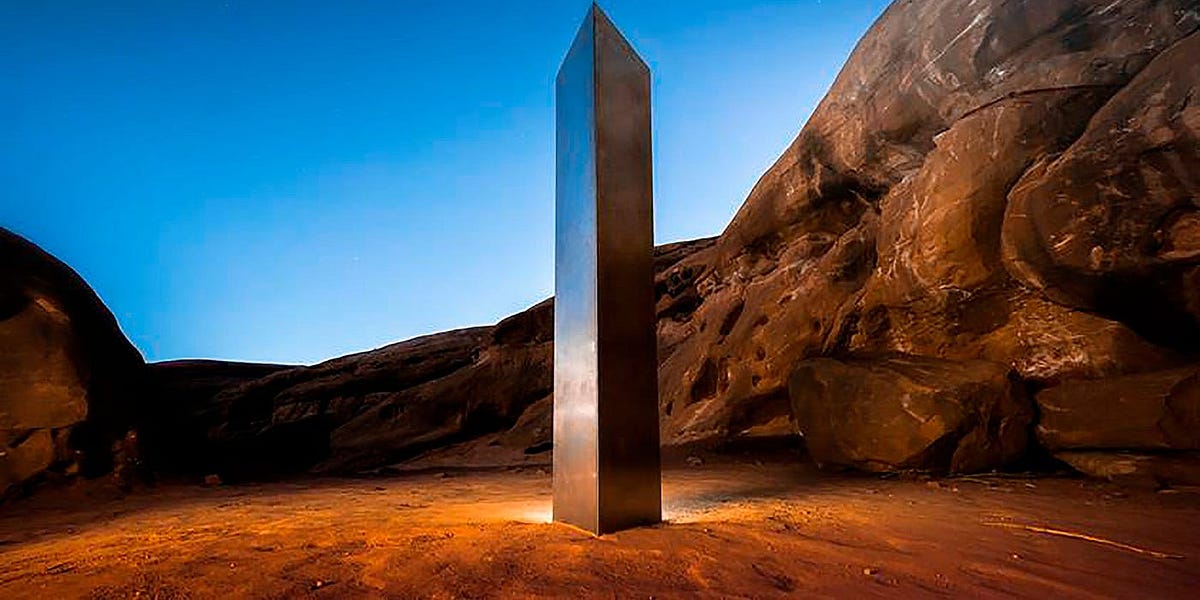
Original Sin—A Theological Reading of Innovation

Clearly the cultural pressure to achieve a unique self is old, strong, and not unique to hipsters, so why did the authenticity drive spin out of control after CE 2000? One possible reason is that the hundreds of studies on authenticity in tourism and subcultures have also been read and in many cases sponsored by business thinkers who directly influ... See more
subpixel space • After Authenticity
Corresponding to the price of authenticity, the tech-vex can also exact a price on human dignity. It begs the question, to what extent does machine-mediated living gratify, ennoble? Can it replace the sense of fulfilment that people feel when they attain a skill or achieve an insight? Can a work put together by artificial intelligence match the elo... See more
Kirk Schneider • Tech-vexed: how digital life threatens our capacity for awe | Aeon Essays
Daniel Santos added
As we’ve pushed past the dawn of this so-called creator renaissance, however, and the sun starts to loom high in the sky, I’ve found myself wondering where it all goes.
I still think that the new models that have been, and continue to be, developed today can offer creators stability and financial freedom in a way that the gig life does not. Bu... See more
I still think that the new models that have been, and continue to be, developed today can offer creators stability and financial freedom in a way that the gig life does not. Bu... See more
Nadia Asparouhova • The creator economy
Sixian added
For now, at least, innovation is a uniquely human ability—one that would be critical to a system that could recursively imagine and create better versions of itself.
Alice Albrecht • The Case for Cyborgs
Britt Gage added
Is there a way for A.I. to do something other than sharpen the knife blade of capitalism?
Ted Chiang • Will A.I. Become the New McKinsey?
sari and added
But the ancient questions are reemerging due to the unsettling nature of technological change. We are being forced to confront these timeless, existential questions by developments that cause conflict between the three cities: like the possibilities of artificial intelligence, or the moral questions raised by genomics, or the tension between freedo... See more
Erikc Perez-Perez added
Commercialization is not the enemy. Commercialization is the afterlife.
Blaise Lucey • The Death of Calvin and Hobbes
Keely Adler added
The congregation seeking change through innovation risks opening our social lives to a moral horizon that may deliver a false sense of fullness, a warped conception of humanity, and a flat notion of the yearning of the human spirit.